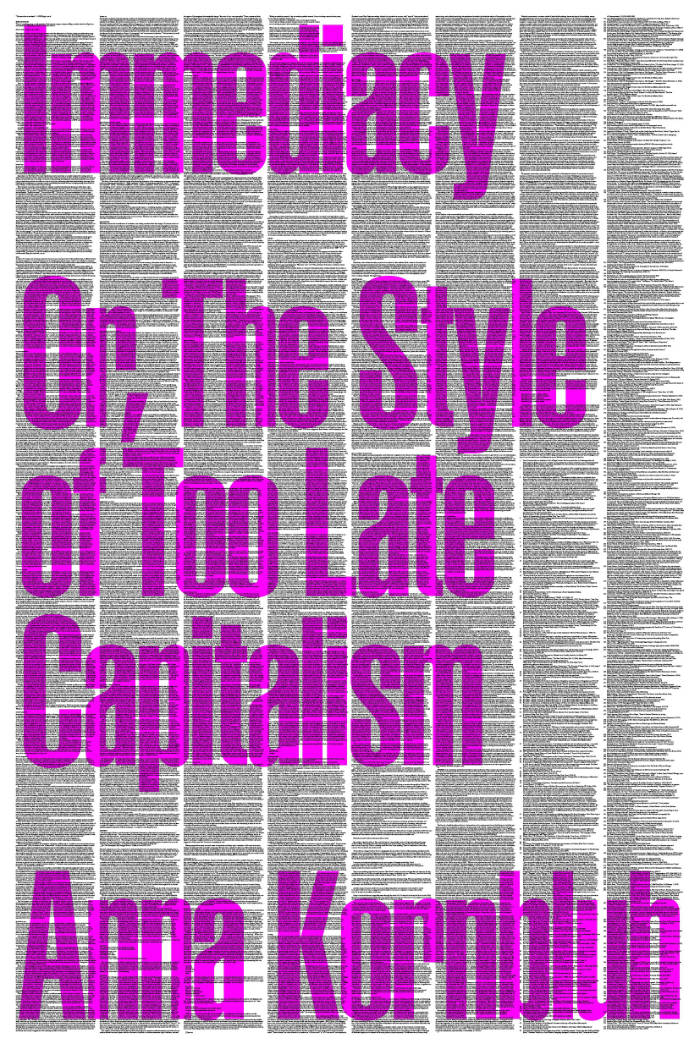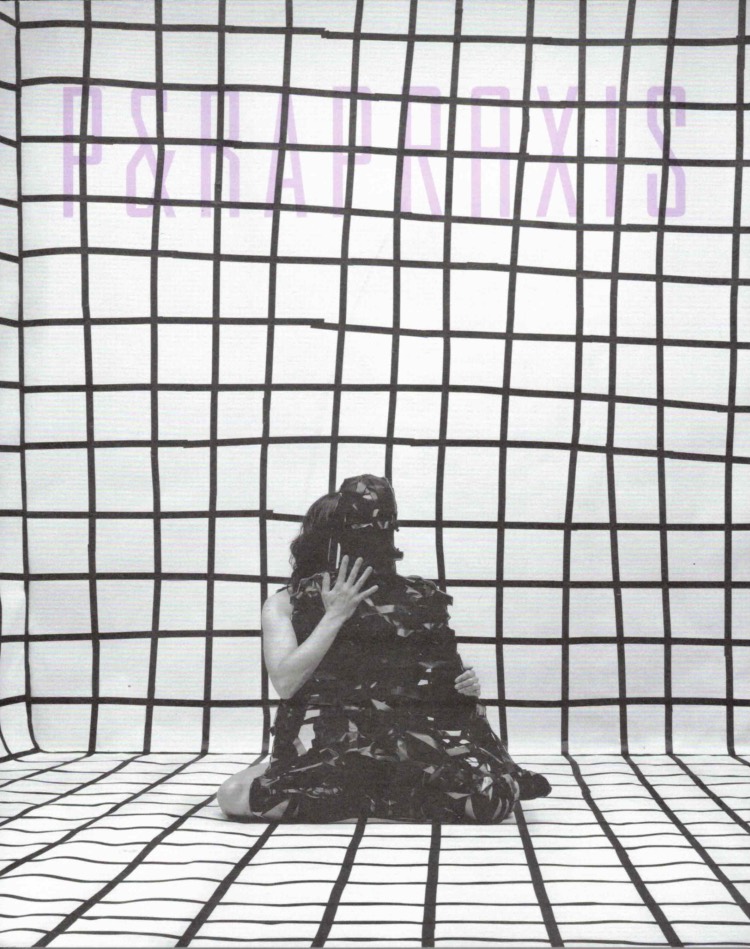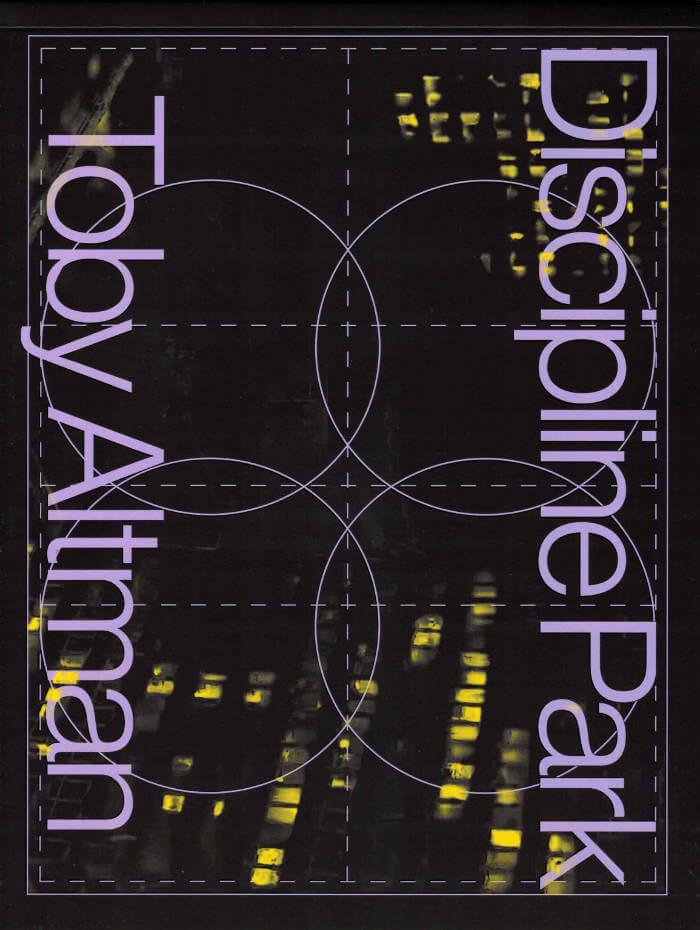
Immediacy: Or, the Style of Too Late Capitalism
Why speed, flow, and direct expression now dominate cultural style.
Contemporary cultural style boosts transparency and instantaneity. These are values absorbed from our current economic conditions of "disintermediation": cutting out the middleman. Like Uber, but for art. Immediacy names this style to make sense of what we lose when the contradictions of twenty-first-century capitalism demand that aesthetics negate mediation. Surging realness as an aesthetic program synchs with the economic imperative to intensify circulation when production stagnates. "Flow" is the ultimate twenty-first-century buzzword, but speedy circulation grinds art down to the nub. And the bad news is that political turmoil and social challenges require more mediation. Collective will, inspiring ideas, and deliberate construction are the only way out, but our dominant style forgoes them.
Considering original streaming TV, popular literature, artworld trends, and academic theories, Immediacy explains the recent obsession with immersion and today's intolerance of representation, and points to alternative forms in photography, TV, novels, and constructive theory that prioritize distance, impersonality, and big ideas instead.







